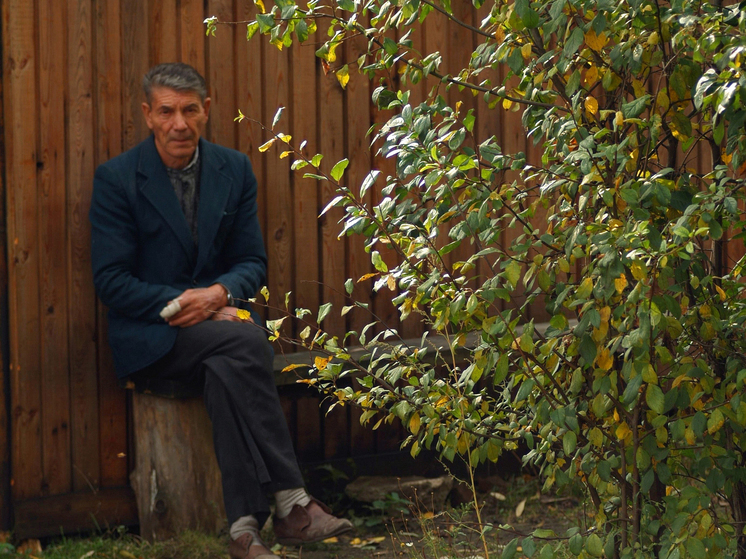Working pensioners were offered to increase paid vacation: what’s the catch
[ad_1]

Experts appreciate new initiative for older workers
Working pensioners can increase their vacation by a week – up to 35 working days. This initiative was put forward by State Duma deputy Sergei Leonov. The parliamentarian believes that older people who continue to work need additional support measures, and increased vacation will help them restore their health. Experts doubt that this idea will be implemented.
In Russia, several categories of workers have the legal right to increase additional days to leave. So, for an irregular working day, 3 days are added to the prescribed vacation, in the Far North they add 24 days, and for workers with harmful working conditions, the vacation is extended by 7 calendar days – from 28 to 35 days. A similar benefit is now proposed to be introduced for working pensioners.
Recall that the elderly working people in our country are the most unlucky social group. A moratorium on pension indexation was introduced for her back in 2016. From time to time, various senators and deputies (as a rule, from factions that do not have a majority in the State Duma) put forward proposals on how to change the situation for working pensioners in favor of greater social justice, but for seven years now things have been there. At the same time, according to the data of the Social Fund of Russia, the number of working pensioners themselves in our country is gradually decreasing: as of January 1 this year, there were 7.9 million of them. During the year, their number decreased by 7%, because, according to the statements of analysts of the department, some of them moved into the category of unemployed.
According to Alexander Safonov, a professor at the Financial University, working pensioners will need 350 billion rubles a year to index their pensions. Here, a sly desire arises to speculate that if, for example, the government supports the initiative put forward in the State Duma, then much less funds will be needed to pay additional vacation days. In Russia, the average median salary, according to the data at the beginning of this year, amounted to 43.5 thousand rubles. Accordingly, employers, in the event of an increase in vacation for working pensioners by 7 calendar days, will have to pay an additional total of about 10 thousand rubles. In general, this will require an additional 80 million rubles.
“The state would generally benefit from such a measure, although not directly, but indirectly,” said Natalya Milchakova, a leading analyst at Freedom Finance Global. – First of all, because if such a law is adopted, then proposals for indexing pensions to working pensioners can very easily be frozen for an indefinite period, explaining that in return for the benefits that working pensioners have been seeking for so long, they are given another, and no worse. On the other hand, since quite a lot of working pensioners are employees of the public sector, the state will not be able to completely shift the payment of benefits to working pensioners in the form of an increase in the duration of paid leave to private employers.
However, it’s not just about money. According to Safonov, in medical institutions, and this is a vivid example of the public sector, where there are many working pensioners, the total shortage of doctors, nurses and outpatient staff reaches 75 thousand people. If such workers spend more time on vacation, then there will simply be no one to replace them. For private businesses, cooperating with pensioners because of their long vacation will also become unprofitable. According to Associate Professor of the Russian University of Economics. G.V. Plekhanov Lyudmila Ivanova-Shvets, this will require additional expenses for vacation pay and the need to attract other workers during the absence of a pensioner. At the same time, the total labor force shortage in Russia in the period from 2017 to 2023 reached 1.2 million people. If the proposed measure is introduced, then among all types of employers – both from the public sector and from the private sector – “ageism” (as age discrimination is called) may arise in relation to older workers and reduce the demand for their work.
“Now the labor market has become more loyal to pre-retirees, so we must be very careful about the process of formulating additional obligations for businesses so as not to destroy the delicate matter of the transition to a new culture of relationships between older workers and employers,” Safonov urged. In connection with so many undeveloped topics, the proposed initiative does not look like a real concern for the interests of working pensioners, but populism to draw attention to some parliamentarians, the expert concludes.
[ad_2]
Source link






